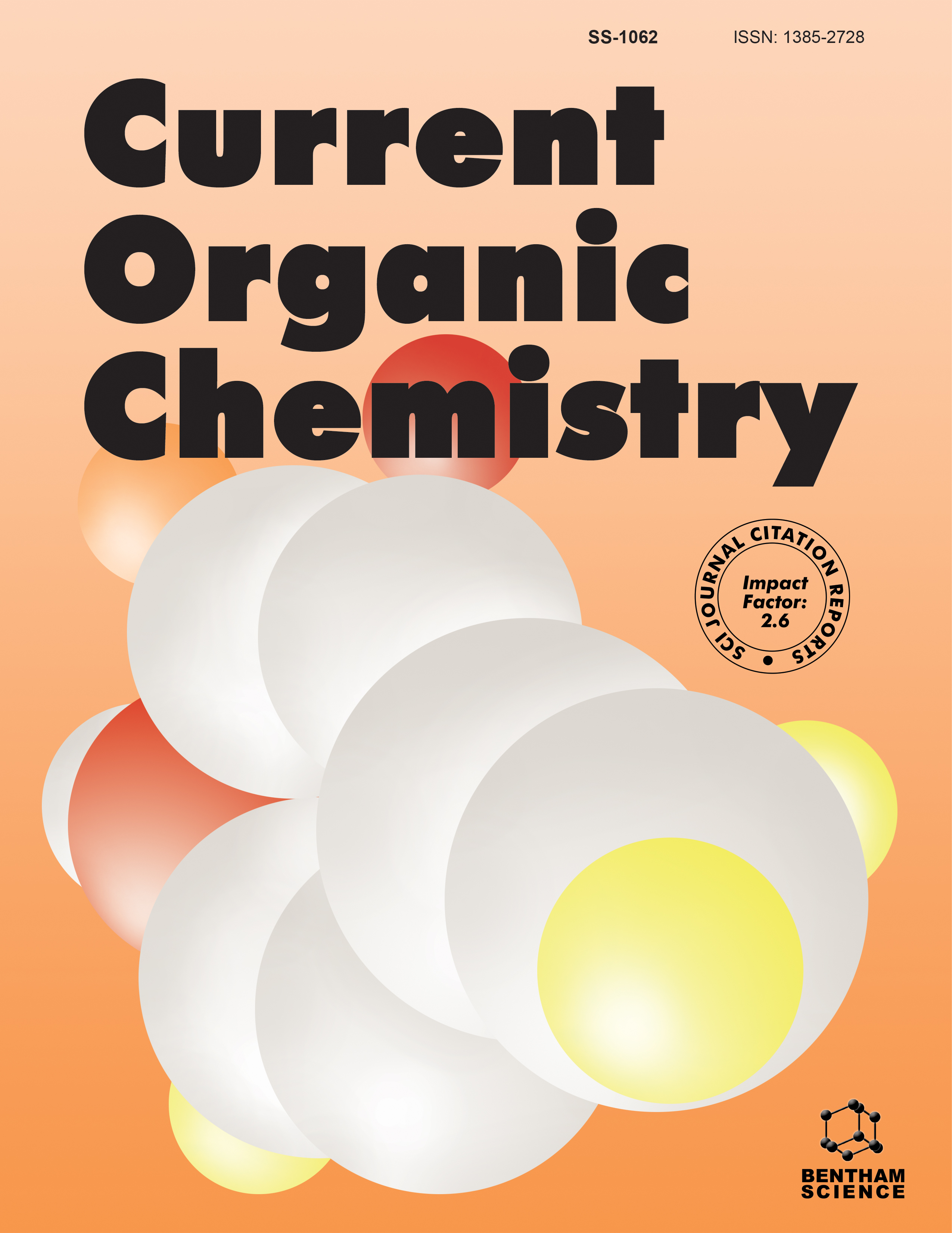
Full text loading...
Millions of people worldwide suffer from Alzheimer's disease (AD), a progressive neurological illness whose incidence is rising as the population ages. Since existing medicines are ineffective and mainly treat symptoms rather than delaying the course of the disease, recent research conducted in 2023 and 2024 highlights the urgent need for novel therapeutic methods. Because of its adaptable chemical structure, which enables it to interact with important enzymes and receptors involved in AD disease, the pyrazole moiety has garnered significant attention in Alzheimer's research. The ability of recent developments in the synthesis of pyrazole derivatives to inhibit the enzymes acetylcholinesterase (AChE) and butyrylcholinesterase (BChE), which are linked to cognitive impairment in AD, has shown promise. These novel compounds may be used as multi-target therapies for AD because several of them also have anti-inflammatory, anti-amyloid, and antioxidant properties. These pyrazole-based substances have demonstrated neuroprotective benefits in preclinical studies by lowering the generation of amyloid-beta plaque and shielding neurons from oxidative stress, two important processes in the development of AD. Pyrazole-based drugs may prove to be a useful addition to AD therapy choices as researchers work to improve these derivatives for increased bioavailability and fewer adverse effects. These advancements give patients hope and move the quest for disease-modifying medications closer to more potent treatments that target the intricate pathways underlying Alzheimer's disease.

Article metrics loading...

Full text loading...
References


Data & Media loading...

